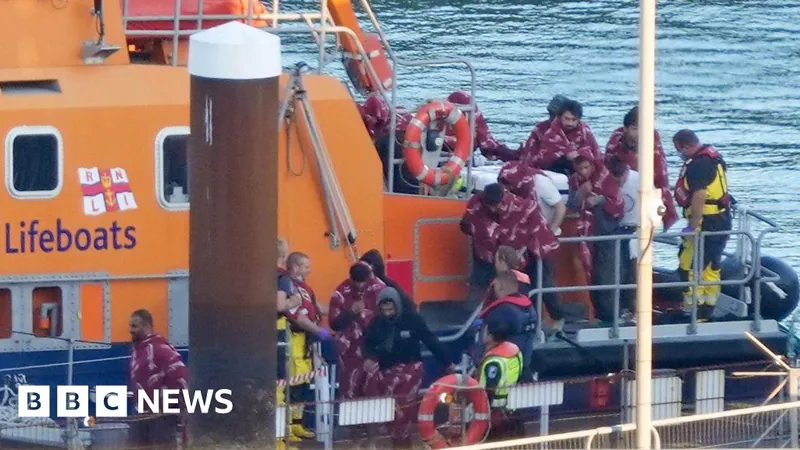
Major Setback for SpaceX: Falcon 9 Launches on Hold Due to Critical Issue in Crew-9 Mission
2024-09-29
In a surprising turn of events, SpaceX has temporarily suspended launches of its Falcon 9 rocket following an incident during the Crew-9 astronaut mission for NASA. The groundbreaking mission took off from Cape Canaveral Space Force Station in Florida on September 28, carrying NASA astronaut Nick Hague and Russian cosmonaut Aleksandr Gorbunov aboard the Crew Dragon capsule named "Freedom."
The launch initially appeared to be a success, with the Falcon 9's first stage executing a flawless landing shortly after liftoff, and the rocket’s upper stage effectively positioning "Freedom" into its intended orbit. The capsule is expected to reach the International Space Station (ISS) on Sunday afternoon, September 29.
However, trouble arose when SpaceX announced that the upper stage experienced an unexpected issue after its primary mission was completed. In a statement shared on social media, they noted, "After today’s successful launch of Crew-9, Falcon 9's second stage was disposed of into the ocean as planned, but experienced an off-nominal deorbit burn. As a result, the second stage safely landed in the ocean, but outside of the targeted area. We will resume launching after we better understand the root cause."
This incident has forced SpaceX to delay a planned launch for 20 broadband satellites on behalf of Eutelsat OneWeb from California, which was scheduled for the same evening. This is particularly concerning given that this is the second such incident involving the Falcon 9’s upper stage in less than three months. On July 11, during the launch of Starlink satellites, a liquid oxygen leak led to the spacecraft being deployed at an incorrect altitude, ultimately resulting in their loss.
In that earlier incident, SpaceX identified the issue as stemming from a cracked line in a pressure sensor within the liquid-oxygen system. Remarkably, the Falcon 9 was cleared for flight again just two weeks later, successfully completing a mission on July 27. However, the rocket faced another setback on August 28 when the first stage failed to land properly during an otherwise successful mission, but it bounced back quickly, with the Falcon 9 accomplishing two successful missions just three days later.
The Crew-9 mission, vital for space exploration, will see Hague and Gorbunov stationed at the ISS for approximately five months. They are expected to return to Earth in February alongside NASA astronauts Butch Wilmore and Suni Williams, who traveled to the ISS in June aboard Boeing's Starliner capsule.
As SpaceX investigates this latest anomaly, the space community is left to ponder how this could impact future missions. With the commercial space race heating up and successful crewed missions being paramount for NASA and other partnerships, all eyes will be on SpaceX as they unveil the findings of their investigation. Will they bounce back once again, or is this a sign of deeper issues within the Falcon 9 program? Stay tuned for updates!




 Brasil (PT)
Brasil (PT)
 Canada (EN)
Canada (EN)
 Chile (ES)
Chile (ES)
 España (ES)
España (ES)
 France (FR)
France (FR)
 Hong Kong (EN)
Hong Kong (EN)
 Italia (IT)
Italia (IT)
 日本 (JA)
日本 (JA)
 Magyarország (HU)
Magyarország (HU)
 Norge (NO)
Norge (NO)
 Polska (PL)
Polska (PL)
 Schweiz (DE)
Schweiz (DE)
 Singapore (EN)
Singapore (EN)
 Sverige (SV)
Sverige (SV)
 Suomi (FI)
Suomi (FI)
 Türkiye (TR)
Türkiye (TR)